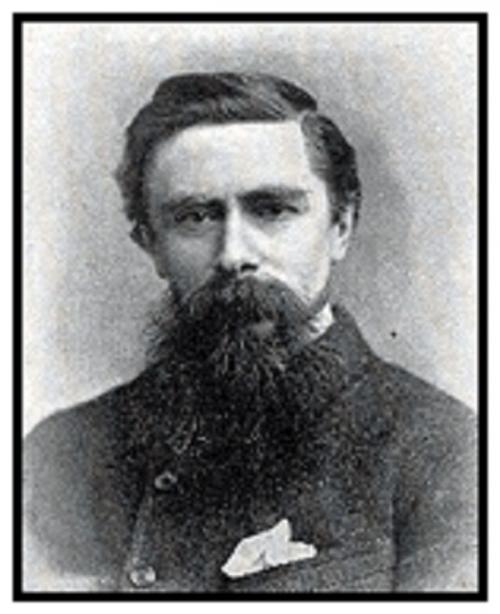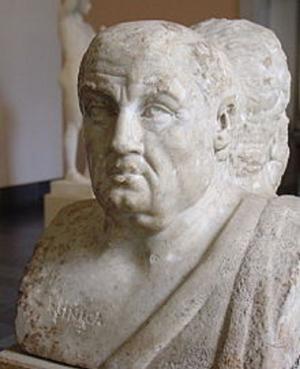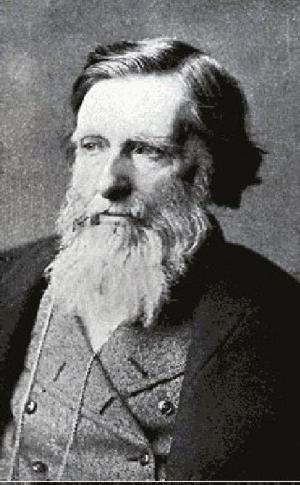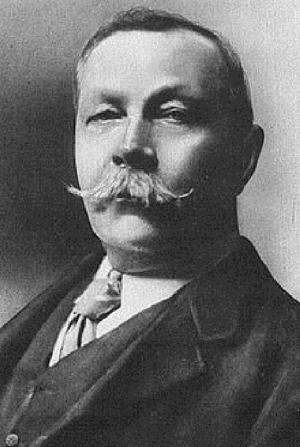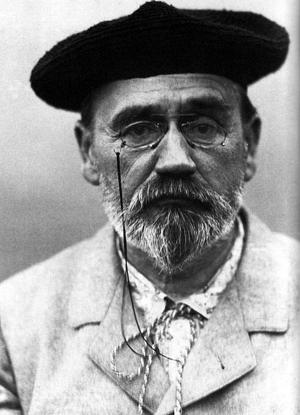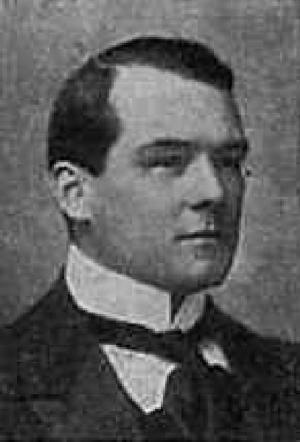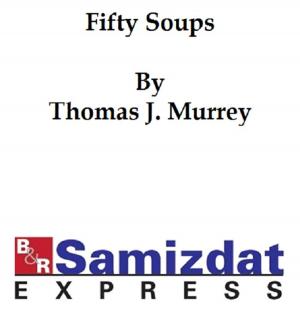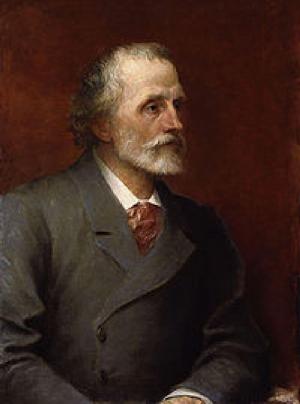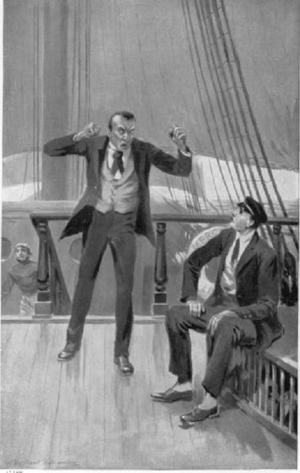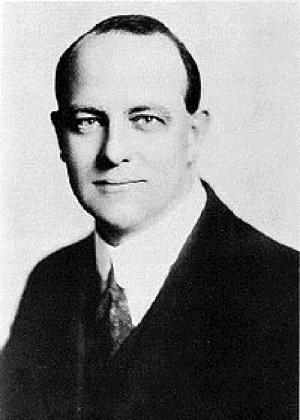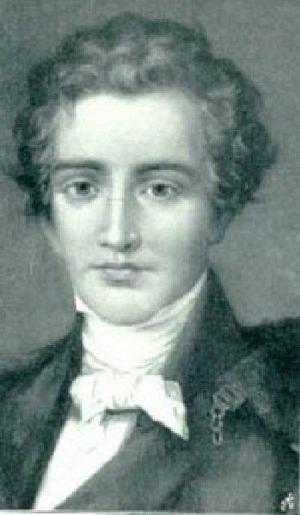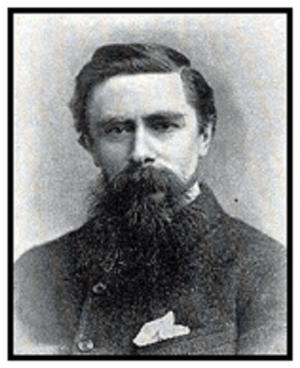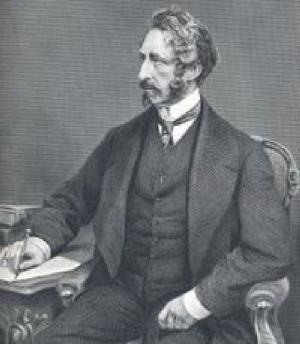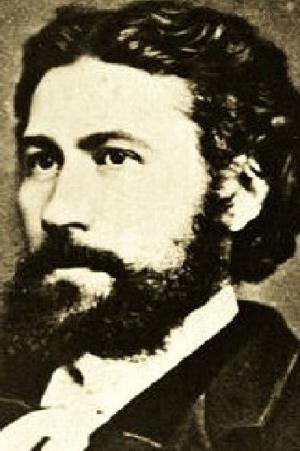| Author: | Fenn, George Manville | ISBN: | 9781455388578 |
| Publisher: | B&R Samizdat Express | Publication: | June 10, 2015 |
| Imprint: | Quench Editions | Language: | English |
| Author: | Fenn, George Manville |
| ISBN: | 9781455388578 |
| Publisher: | B&R Samizdat Express |
| Publication: | June 10, 2015 |
| Imprint: | Quench Editions |
| Language: | English |
The book is set in a small Cornish fishing village. There is a dangerous swimming feat which is used as a rite of passage among the boys and young men. One young man, the hero of this short book, has not yet dared to do this feat. Another young man, annoyed by the hero's apparent lack of courage, does something very nasty and unkind which very nearly drowns our hero. However, shortly afterwards, events so pan out that the tables are turned, and it is seen that our hero is not the coward, while his enemy is. According to Wikipedia: "George Manville Fenn (January 3, 1831, Pimlico - August 26, 1909, Isleworth) was a British writer. He worked as a teacher in Lincolnshire, until he became printer, editor and publisher of various magazines. He had eight children with his wife Susanna Leake, whom he had married in 1855. Most of his work consists of adventure stories for young readers, featuring Explorers, Smugglers, young Adventurers and Seamen. His adult novels offer critical social commentary on Victorian England, especially reconsidering economic questions."
The book is set in a small Cornish fishing village. There is a dangerous swimming feat which is used as a rite of passage among the boys and young men. One young man, the hero of this short book, has not yet dared to do this feat. Another young man, annoyed by the hero's apparent lack of courage, does something very nasty and unkind which very nearly drowns our hero. However, shortly afterwards, events so pan out that the tables are turned, and it is seen that our hero is not the coward, while his enemy is. According to Wikipedia: "George Manville Fenn (January 3, 1831, Pimlico - August 26, 1909, Isleworth) was a British writer. He worked as a teacher in Lincolnshire, until he became printer, editor and publisher of various magazines. He had eight children with his wife Susanna Leake, whom he had married in 1855. Most of his work consists of adventure stories for young readers, featuring Explorers, Smugglers, young Adventurers and Seamen. His adult novels offer critical social commentary on Victorian England, especially reconsidering economic questions."
